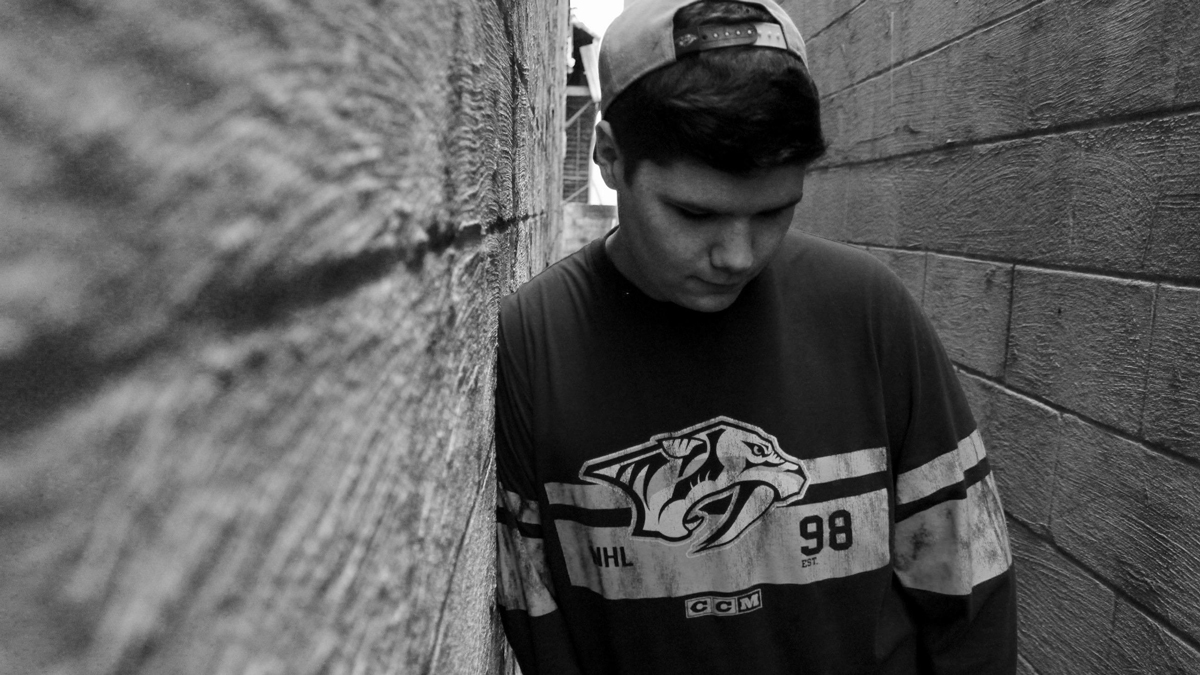In light of the recent national “R U OK?” Day Campaign on Thursday, September 14th, an article was released by the Royal Australian College of General Practitioners (GP) stating that “Australians are now presenting to their GP with mental health issues more than any other kind of health concern”. Given that GPs are often the first port-of-call for any and all medical concerns, this really highlights the prevalence and importance of mental health in our community.
Why is it so hard to talk about?
Concerns regarding our thinking and feeling can be hard to talk about for many reasons. For many generations, our Australian culture has had unspoken norms that make us feel that we should be tough, stoic and have a “she’ll be right, mate!” attitude.
Mental health symptoms can also hinder a person’s insight into their own well-being. Due to the nature of the symptoms (such as social withdrawal, lack of motivation, lack of energy, difficulty with concentration), the opportunities for meaningful social interaction is reduced and it can be hard for a person to open up to others of their own volition. A depressed person can often feel like they are trapped and isolated in their situation and have often lost hope that others will understand them, let alone be able to help. They will often display very negative thinking or be feeling very anxious, so it is confronting for them to approach others about the way they feel. [pullquote]
Talking about our innermost thoughts and feelings can make a person feel exposed and vulnerable, which is difficult when a person already feels fragile.
What can we do to change the culture?
To continue to shift and change our tough Aussie culture, we must be careful not to assume that our family and friends are OK because they look that way or that they will tell us when they are not OK. Part of depression is the withdrawal and amount of energy it takes to open up to others, so we need to provide a safe opportunity for others to talk to us and be a compassionate listening ear. We can take the time to find out how we can have some simple skills around enquiring and listening to someone who is in distress from one of the many online resources such as R U OK?, Blackdog Institute or Beyond Blue. We need to continue to work on having a culture of openness and acceptance in our communities towards talking about how we feel, and not ignore others or make them feel weak for saying they are not OK. It actually takes a lot of strength and courage for someone to open up! By being more mindful of others and noticing changes in their mood, we can cultivate a caring culture.
Why is R U OK? Day important?
R U OK? is a suicide prevention charity organisation established to encourage Australians to ask a mate this simple, life-changing question. Suicidal ideation is a symptom of mental health pathology and does occur commonly in response to significant life stressors. It is a sign that there is some form of underlying mental health issue for a person. The R U OK? Day yearly campaign is an important reminder to love and support those who are battling with symptoms such as suicidal thinking that may be part of a mental health condition. It is an important question to ask, but even more important is our response to the answer we hear. If you ask this question (and please do!) make sure you are comfortable with how to respond when a person answers “no”.
After all, isn’t the point to give support to those who need to say “no”? Speak with kindness, grace and boldness, but it is important to be prepared. There are some simple steps on the website www.ruok.org.au on how to ask, listen, encourage action, and check-in. You know your family and friends well, and it often takes someone close-by who is looking on to notice changes in behaviour or mood. It might just be a ‘gut-feeling’ you have that someone you know has not been their usual self, so take that opportunity to ask the question. Be confident in commenting on the changes you have noticed and even if they do not feel like opening up about it, they will know you care because you have voiced your concerns. Listen openly and calmly (try to manage your own distress at what you are hearing!) as the way we respond to them can determine whether they continue to open-up and seek further help. Don’t feel that you have to solve the problem for them, there are health professionals who can do that if they need to take that step.
What can we do if we feel like we’re struggling with stress or mental health issues or know someone who is?
There is much help available both formally and informally for those who feel they may be struggling with stress or mental health issues
Firstly, from research that has been done on faith communities, it has been found that being meaningfully connected to a faith community provides a support network for a person which can contribute to their recovery from mental health issues, be a protective factor and provide a sense of hope. The presence of a support network is a very important and healthy factor in a person’s mental well-being. We are fortunate to have a natural support network in our faith communities where we can actively and practically provide support to those around us and help to reduce the impact of stressful life experiences, so be encouraged to talk to a trusted friend, doctor, teacher, pastor, mentor or responsible adult and let them know that you are not OK. You might also be this support person to someone else.
If you or someone you know needs help with their thoughts and feelings, you can call Lifeline (13 11 14) or Kids’ Helpline (1800 55 1800) for 24 hour crisis counselling. Your local GP is an excellent source of help and can refer you to a mental health professional through Medicare.
Let’s be comfortable and competent with asking the question, “Are you OK?” in a genuine and interested way and be prepared for the answer. If you are needing support, be honest and courageous in saying “I’m not OK”.
Claire Marsh is a registered Psychologist and Manager of Adventist Counselling Services (ACS) for the Greater Sydney Conference. For further assistance and advice about mental health, contact ACS on (02) 8876 5238 or clairemarsh@adventist.org.au.






